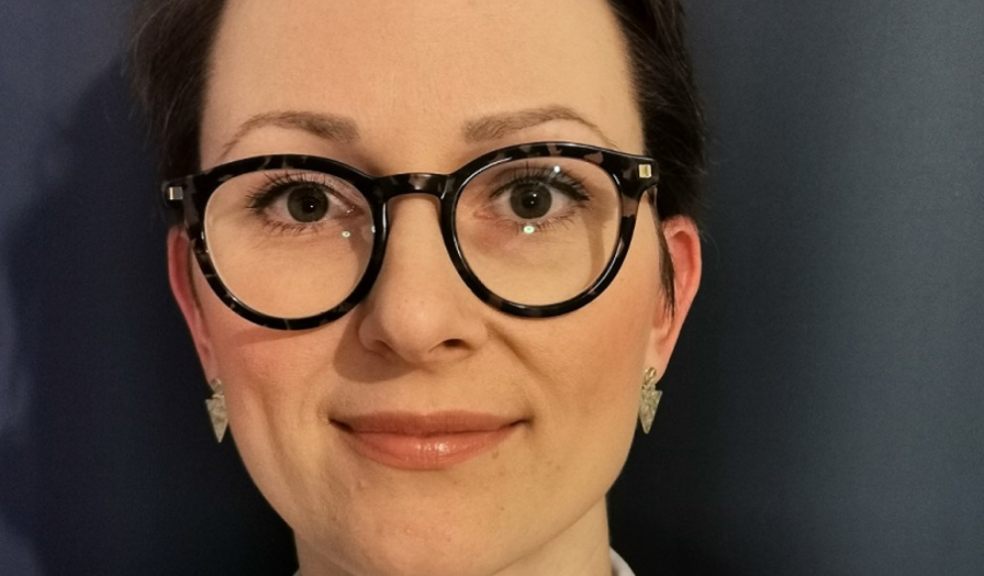
£100,000 grant for rising-star medical researcher at Exeter
A rising research star from the University of Exeter has won £100k to launch her work into depression as part of a prestigious grant scheme.
Dr Valentina Mosienko, a Lecturer at the University of Exeter Medical School, has received the grant from the Academy of Medical Sciences’ £4.9million Springboard scheme, designed to support promising early career researchers.
The funding will allow Dr Mosienko to investigate the underlying biological causes of depression by looking at the influence of star-shaped brain cells – known as astrocytes - on depression.
Dr Mosienko said “I’m honoured to receive the grant to kick start my research. Depression is a devastating illness affecting one in four people in the UK. It is not fully understood still, with antidepressants commonly being prescribed, but only being effective in one third of patients. Being able to start this research with such an amount of funding is fantastic.
“The funding will allow me to build a better understanding of the biological changes that drive the onset of depressive symptoms. The results of my work will pave the way towards developing new effective antidepressant treatments.”
The research builds on Dr Mosienko’s preliminary investigation which found a reduction in a by-product the star-shaped astrocyte cells produce, known as lactate, exacerbates depression symptoms. Astrocytes control various processes in the brain such as energy consumption and the balance of water. They can also directly communicate with neurons to control brain functions like memory, sleep and attention.
Using novel experimental approaches Dr Mosienko will test the link between lactate and depression to discover how lactate contributes to the regulation of mood.
The Academy of Medical Sciences, an independent body representing medical science in the UK, has designed Springboard to fill a gap in the funding and training currently offered to non-clinical researchers at an early career stage and to support talented ‘research leaders of the future’. Forming a research group and establishing an independent research project is one of the most crucial, but difficult steps in the career of a scientist.
Professor Philippa Saunders, Chair of the Springboard Panel, said: “The first independent position is a critical and vulnerable time in a researcher’s career; in order for them to succeed, they need the full backing of their institution. We were looking to identify researchers whose independent career is primed for take-off and have a brilliant idea with which to take that leap – that meant considering the person, their project and their environment. Huge congratulations to our awardees.”













